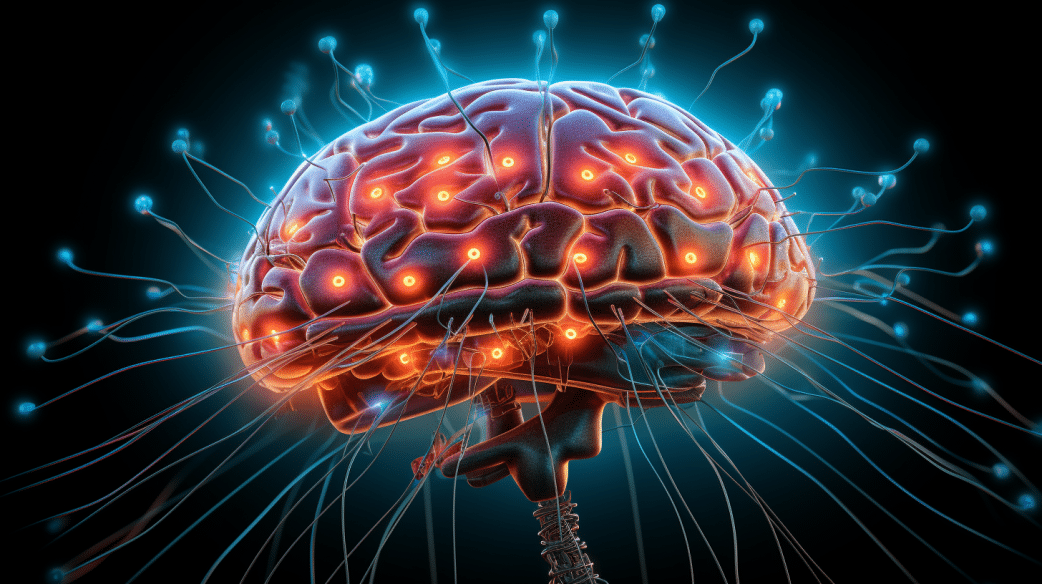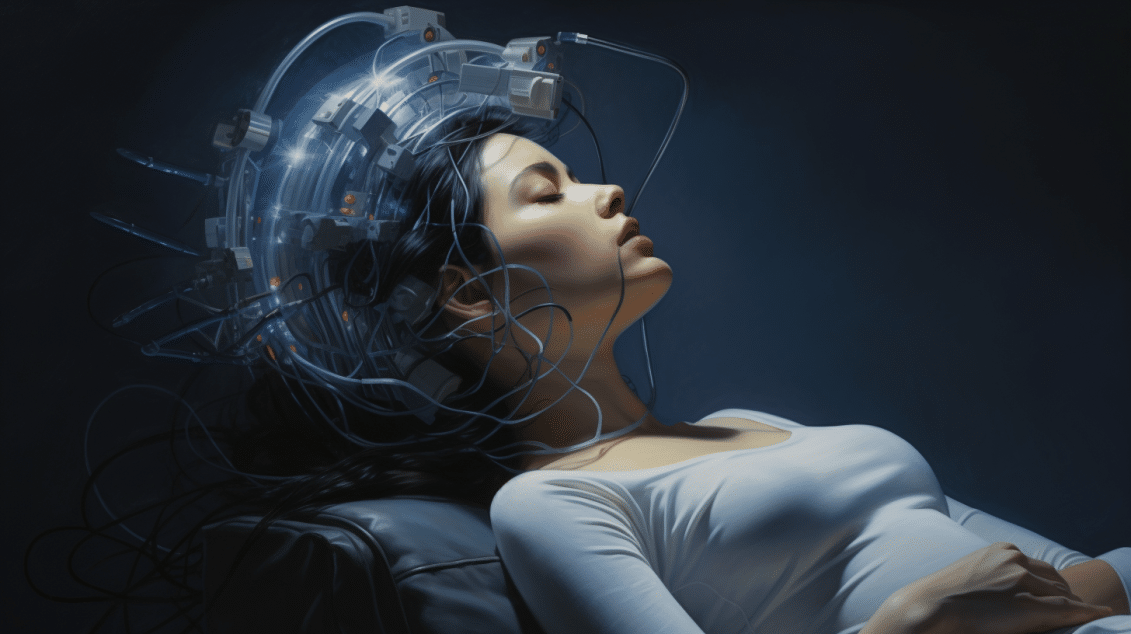Neuralink & Brain-Computer Interfaces: Future Uses to Consider
Neuralink, a neurotechnology company founded by Elon Musk in 2016, is developing an innovative brain-machine interface (BMI) device that aims to enhance brain function and revolutionize neurosurgery. Early testing on animals shows promise, but human trials are still needed to determine safety and efficacy. If proven viable, Neuralink’s technology could transform treatment for neurological disorders. …









